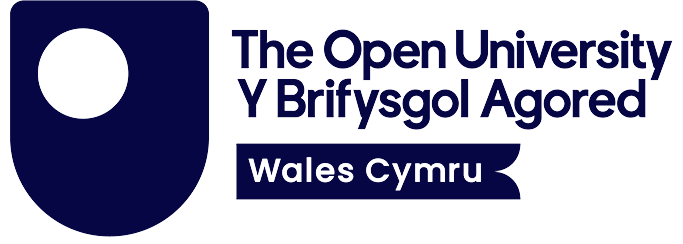The Physics Mentoring Project’s final pilot year report has been released by the project’s external evaluators, Ondata Research Ltd.
The comprehensive report showcases the impact of the project on the participating Year 10 and 11 mentees, including the specific impact on female mentees, but also includes context into GCSE uptake and the impact on participating teachers and mentors. The report also contextualises the results of cycle two and three in comparison to the results of cycle one, due to significant changes in our approach between cycles one and two. As in previous reports, a mixed methods approach has been adopted, combining both quantitative and qualitative methods of evaluation, including pupil census survey, mentor and mentee reflections, teacher survey and project team interviews.
With respect to the project’s main aim of increasing uptake of physics A level, post-participation survey results show that the project has a clear positive effect on those taking part compared to non-participants (40% of students chose “I definitely will” or “I probably will” choose Physics at A level, a 29% increase on those not taking part). In fact, 38% of the mentees taking part moved from being “unsure” about taking a Physics A level to stating that they “definitely” or “probably” will, a statistically significant result (p<0.05). In post-participation surveys, 60% of mentees reported that they are likely to choose a science related career, compared to 38% of their non-participating counterparts.
The report also explores the specific impact of the project on its female participants. Analysis shows that 61% of female students stated that they “definitely won’t” or “probably won’t” take Physics A level before the mentoring, which decreased by 26% post participation, as these girls moved into the “definitely will”, “probably will” or “unsure” categories.
Teachers expressed satisfaction with the conduct of the mentors: “very impressed by their enthusiasm, communication skills and professionalism” and all commented that the time commitment related to running the project was manageable. Teachers also commented that the project enabled them to build partnerships and links with universities, make connections from school physics to the real world and bring role models into school.
The Physics Mentors also see many benefits through participation in the project, including development of organisational, time management and communication skills, improved confidence in their own abilities, valuable experience to include on CV and direct experience of working in schools.
The Physics Mentoring Project team are extremely proud of the report, which can be read in full here. Physics Mentoring would like to thank Ondata Research for their comprehensive research and recommendations which have contributed to the success of the project.





